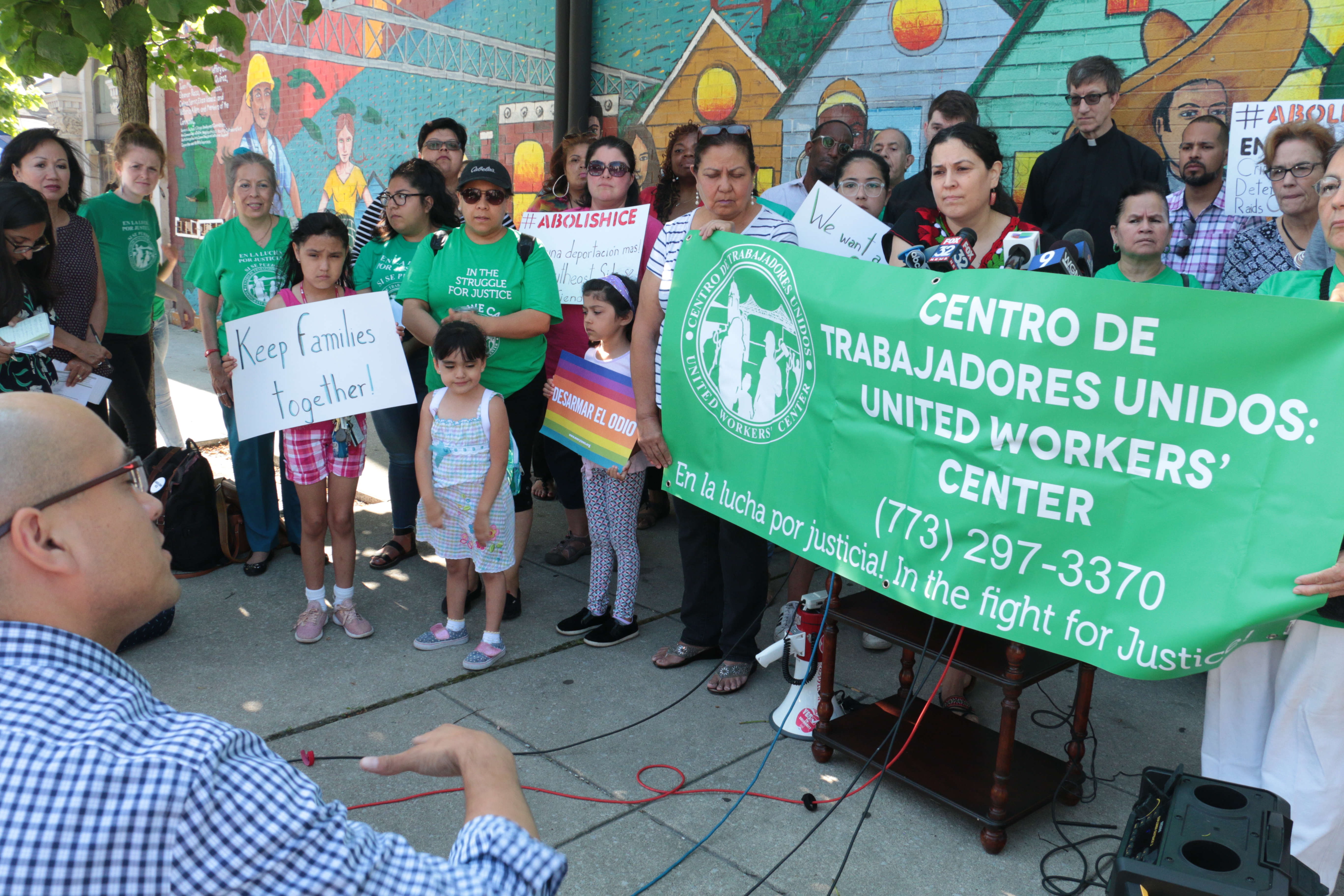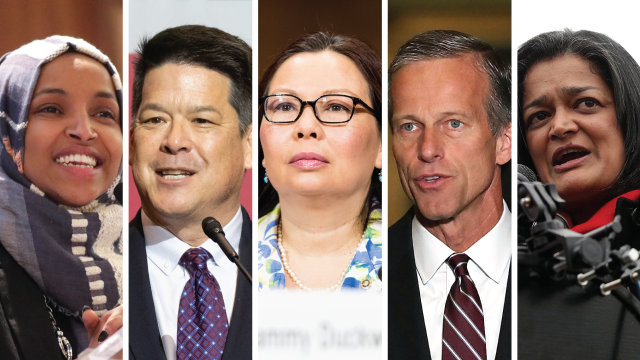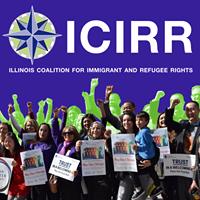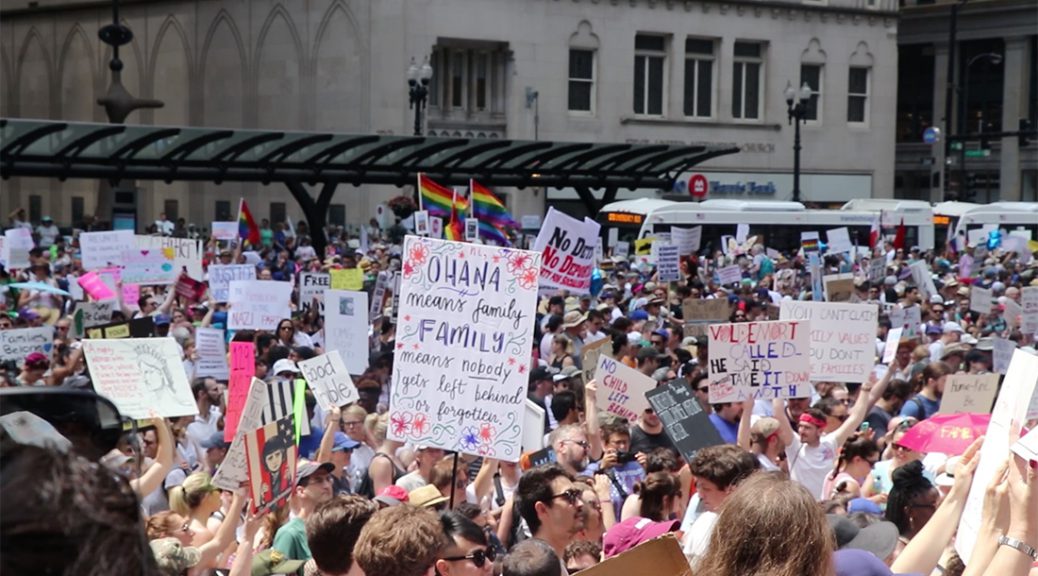Analysis: Scalia’s Life and Death, And Its Impact on Latinos
When news of Supreme Court Justice Antonin Scalia’s death broke on Saturday, the public and the press were shocked. Tributes for the man the New York Times described as responsible for a “conservative intellectual renaissance” on the Court poured in from law schools, legal scholars, and politicians. President Obama praised Scalia as a “brilliant legal mind” who “will no doubt be remembered as one of the most consequential judges and thinkers to serve on the Supreme Court.”
In his three decades on the Court (1986-2016), Scalia helped move it rightward. He was a champion of a legal theory known as “originalism,” which mandates that the Constitution be interpreted as it was at the time when it was written and ratified. To his admirers, Scalia was a sharp mind, an intellectual giant, and a staunch defender of the Constitution. To his detractors, he was a partisan jurist, a judicial activist, and a borderline bigot.
Whatever your opinion of Scalia, it is indisputable that he exerted an outsize influence over the lives of Latinos – and other Americans – during his Supreme Court tenure. And with his untimely death, the outcome of several cases of importance to many Hispanics is now unclear.
As Janelle Ross of the Washington Post has pointed out, in his years on the bench Scalia ruled against expanding civil rights at nearly every turn. When the Court heard oral arguments on the constitutionality of Section 4 of the Voting Rights Act in 2013, Scalia characterized the landmark civil rights legislation as a “racial entitlement.” He was part of the conservative majority on the Court that struck down this law, thereby sweeping aside protections for minority voters in nine states, including millions of Latinos.
Likewise, Scalia did not support expanding rights for LGBT Americans. When the Supreme Court struck down criminal penalties for homosexual acts in Lawrence v. Texas (2003), Scalia was not happy. In his withering dissent, he lamented that the majority of the Court had “largely signed on to the so-called homosexual agenda.” He would later vote against same-sex marriage in Obergefill v. Hodges (2013). This position put him at odds with a majority of Latinos, who support marriage equality.
Last year, during oral arguments for Fisher v. University of Texas, an affirmative action case, Scalia seemed to suggest that African-Americans did not belong at select colleges. “There are those who contend that it does not benefit African-Americans to get them into the University of Texas where they do not do well, as opposed to having them go to a less-advanced school… a slower-track school where they do well,” Scalia stated. He added that the fact that the University of Texas might have fewer Black students did not impress him. Scalia’s remarks set off a storm of controversy, and fueled the perception that he was not concerned with diversity in the workplace or schools.
Scalia was a reliable conservative voice in cases like Bush v. Gore (2000), which stopped the counting of votes in Florida and gave the election to George W. Bush, and District of Columbia v. Heller (2008), which found thatthe Second Amendment protected an individual’s right to bear arms.
Yet Scalia’s “originalism” approach to the law also led him to become an ally to criminal defendants; he wrote majority opinions that helped criminal defendants in sentencing cases and in cases involving cross-examination.
Although the Supreme Court is officially nonpartisan, it is often characterized in terms of its liberal and conservative members. With Scalia dead, the Court now numbers eight, meaning that it could rule 4-4 on important cases involving redistricting, affirmative action, and immigration. In the event of such a Supreme Court “tie,” the lower court decision would then stand – unless the confirmation process for a replacement seemed to be progressing and the Court decided to wait and rehear arguments (given the political climate today, this option seems unlikely).
Let’s review how a few key cases before the Supreme Court might play out in the wake of Scalia’s passing.
Texas v. U.S. is the legal challenge brought by Texas and 26 states over President Obama’s executive action on immigration. If the Court were to be tied on this case, the lower court ruling against Obama’s executive actionwould stand – which would be bad news for the Obama administration and immigrant rights advocates. The best hope for Obama’s program to move forward would be if Justice Anthony Kennedy, who is occasionally a swing vote, sides with the liberal wing of the Court in a 5-3 ruling.
Evenwell v. Abbott is a redistricting case also involving Texas, home to the country’s second-largest Latino population. At issue is whether redistricting should be done on the traditional basis of total population, or on a new criterion of counting actual voters. Conservatives favor the latter approach, because it would shift power from urban areas to rural ones, while not counting children and non-citizens. If the Court reaches a tie here, it would mean a win for the Obama administration and civil rights groups like the Mexican American Legal and Educational Defense Fund, because the lower court struck down the state’s new plan.
Fisher v. University of Texas is an affirmative action case challenging the University of Texas’ use of race and ethnicity as a factor in admissions. Because Justice Elena Kagan worked on this case while she was U.S. Solicitor General, she was already recused from its resolution. So the conservative wing of the Court will still have the edge here; a 4-3 vote to chip away at affirmative action in public education seems likely.
Other major cases currently before the court involve restrictions on abortion(another Texas case) and the right of unions to collect fees from members.
Supreme Court issues and rulings may seem arcane and convoluted – and indeed sometimes they are. However, Latinos have much at stake in the Court’s current term, and the upcoming fight over a successor to Scalia could well determine whether our civil rights are expanded or diminished. A few Hispanic names have been mentioned as a possible nominee to replace Scalia: Mariano “Tino” Florentino-Cuéllar, a Supreme Court judge in California who was born in Mexico and would be the first Mexican American on the Supreme Court, as well as Circuit Court judge Adalberto J. Jordan, a Cuban-American.
This is definitely one Supreme Court term deserving of Latinos’ attention.







